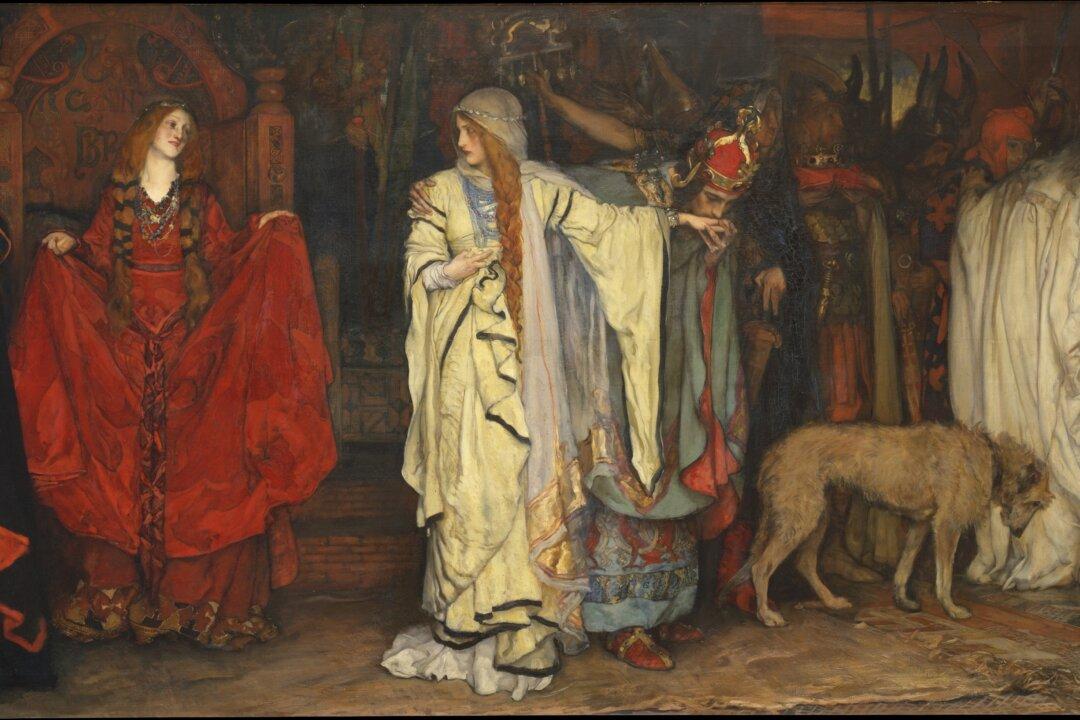Shakespeare. Bring up that name in conversation, and the reactions of your audience are likely to be mixed. To some of your listeners, that most famous name in all of English literature will likely arouse unpleasant memories of a dreary week or two in a high school class lost in a jumble of lords, ladies, jesters, and attendants, all seeming to speak a language only vaguely related to English.
Others will react with enthusiasm, remembering with fondness the production of “As You Like It” at a playhouse or the teacher who brought Macbeth and Lady Macbeth to life in an otherwise unremarkable college classroom.






